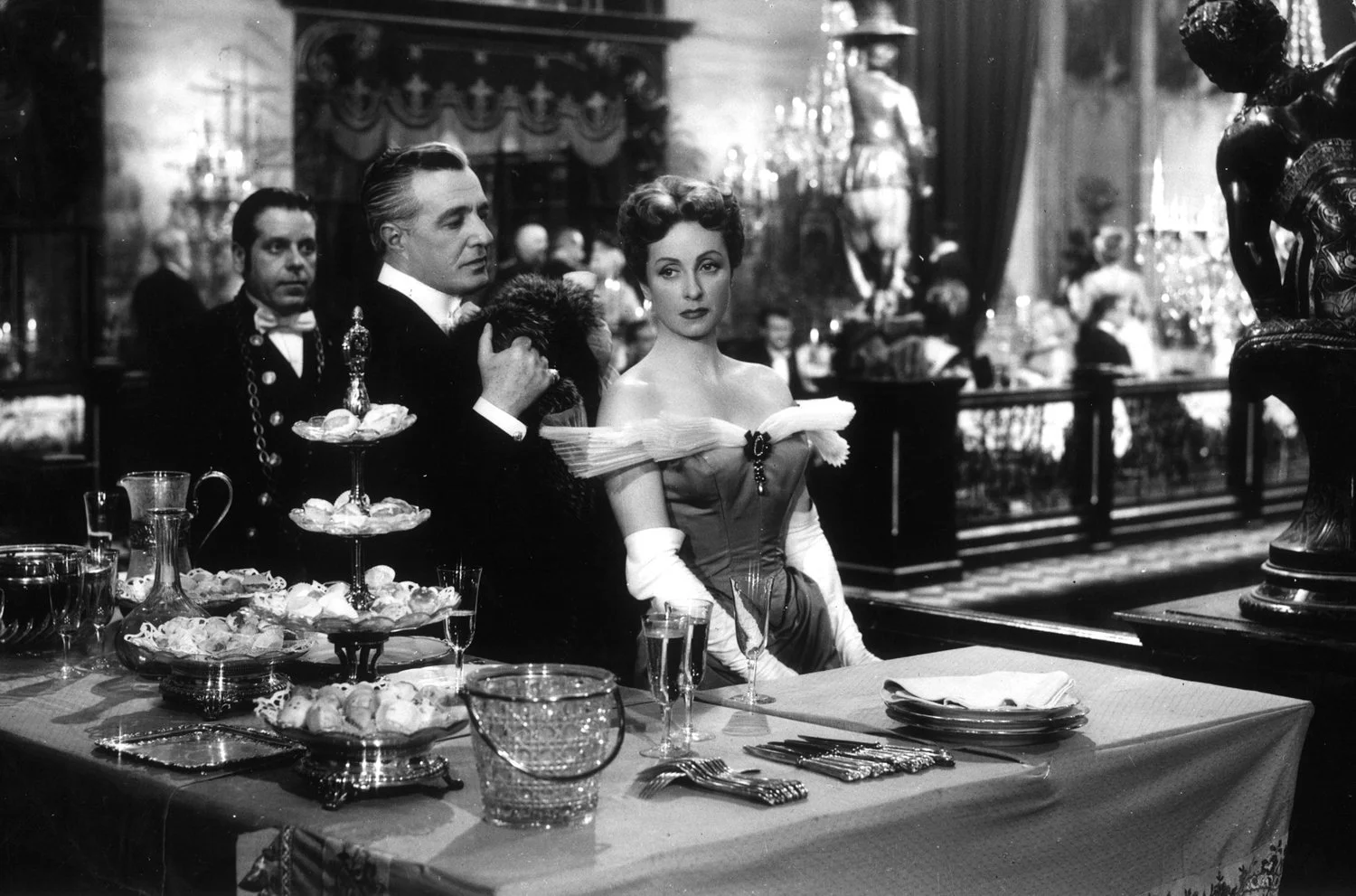Rebels of the Neon God
Rebels of the Neon God was released in 1992, and with its heavily mid-tech ambiance - arcades, squat TVs, telephone dating - it could be a vaporwave fetish piece if it weren’t so sad. It contains only one piece of non-diagetic music, a one-finger synth line, eventually with chords. It’s of an age, the trailing end of the more grounded filmmaking of the Taiwan’s so-called First Wave (to be followed, naturally by a Second Wave). In future Tsai would depart from the realism largely on display here and would invest his energies in surrealism and narrative stasis and fracture; and there are already hints of those later project in Rebels - instabilities, lacunae.
The film has two strands. The first and more dynamic focuses on two young friends, Ah Tze (Chen Chao-jung) and Ah Ping (Jen Chang-bin), small-time criminals whose gambits include stealing the change out of telephone booths and, in Rebel’s low-key version of a heist, stealing the motherboard from an arcade cabinet. They meet Ah Kuei (Wang You-wen), a young woman who works behind the skate rental desk at a roller rink, and pursue her with little ardor or competence - although pursue is the wrong word here, because she doesn’t want to be pursued and is friendly and open from the start. She wants to connect with them; but that’s mostly beyond them even as they badly want it. The second strand follows the travails of Hsiao Kang, played by Tsai muse Lee Kang-sheng. Hsiao lives with his parents while attending a cram school, and is not doing well. We never hear him speak, only watch him stumble through the world with a minimum of play and elegance, a reverse Keaton; twice in the film he breaks into a mad caper, once in rage, the second time in joy.
The strands intersect early. Hsiao is riding in his father’s taxi, Ah Tze is idling nearby on his motorbike, a minor conflict ensues, Ah Tze break’s the taxi’s rearview mirror, Hsiao marks his face. A fuse is lit; but those familiar with Tsai’s work will not be on tenterhooks for a massive explosion. Mostly we follow these characters as they go about trying to get what they want using tools and strategies that are not appropriate for the job. At one point a minor character, after sleeping with Ah Kuei, asks her if she knows anyone who wants to buy a car. He leaves her his business card. This is not how you sell cars. But this is a film about the very poor, and we come to realize that they only have what they have (both materially and emotionally - Rebels never explicitly links the two, but makes us feel it, immerses us in the day to day spiritual bruising its characters take on as a consequence of their poverty), and that if what they have isn’t adequate for getting what they want, then that is the whole crux of the issue. Near the end of the movie, when Ah Kuei and Ah Tze are both at the breaking point after Ah Ping is badly beaten by thugs, they embrace and she asks him “How do we get out of here?” Obviously they don’t.
This extreme foreclosure of meaningful action permeates the film’s aesthetic and plotting. The streets are rainy, drains are clogged. Traffic is backed up. The wondrous cinematic possibilities of a megacity like Taipei are aggressively pushed away - all of that choreographed light is smushed down and boxed in to arcade screens, which we see row upon row of youth confronting slackly (this film is not a celebration of arcade culture). Likewise, important plot elements refuse to do their work. Hsiao eventually tracks down Ah Tze, and even buys a gun (a pellet gun, this isn’t America); but in the end his revenge is only to vandalize Ah Tze’s motorbike, a narrative cul-de-sac which plays no role in the film’s eventual denouement. Even more withholding is a scene in which Ah Tze flags down a cab, only to find that it’s the same one whose mirror he smashed, with Hsiao’s father at the wheel. The is the most fictional-feeling element in the film - we feel the rules of realism break - and so we expect that there must be some payoff attached. And there is; but it is subtle.
Again, this is a sad film. It could be sadder, but it’s pretty sad. The only flashes of tenderness that we’re allowed to see are stapled to moments of pain - Ah Tze, cradling his beaten friend; or Hsiao’s father offering to take him to a movie, only to withdraw the offer a few minutes later. Ah Tze, Ah Ping, and Ah Kuei do attend a movie together, and as we watch them in the theatre they look fleetingly happy; and we wonder whether if Hsiao and his father had likewise gone to the movies things would have turned out not quite so bad as they eventually do. Probably not. But they would have enjoyed their time.
You can see why from this point on Tsai might have wanted to move towards surrealism, which can offer a form of secular, orthogonal transcendence to characters who otherwise we find it hard to hope for - the transcendence a film might briefly offer its spectator. This is not to say that he has abandoned realism, but he comes back to it only on occasion, the way that we, in our real lives, might now and then duck into a theatre. Rebel’s last shot is of the sky, blank and off-white like a screen.





